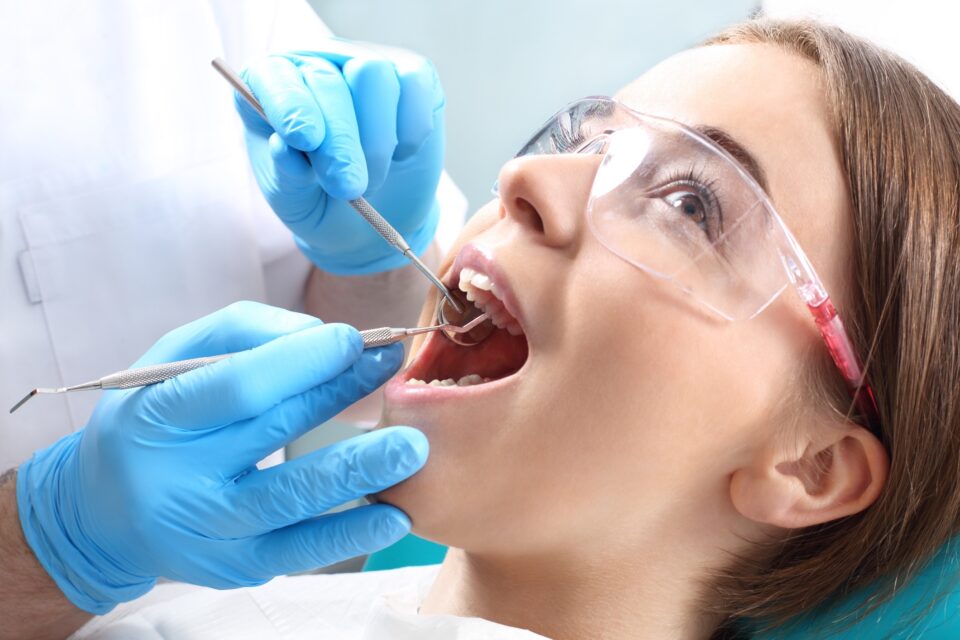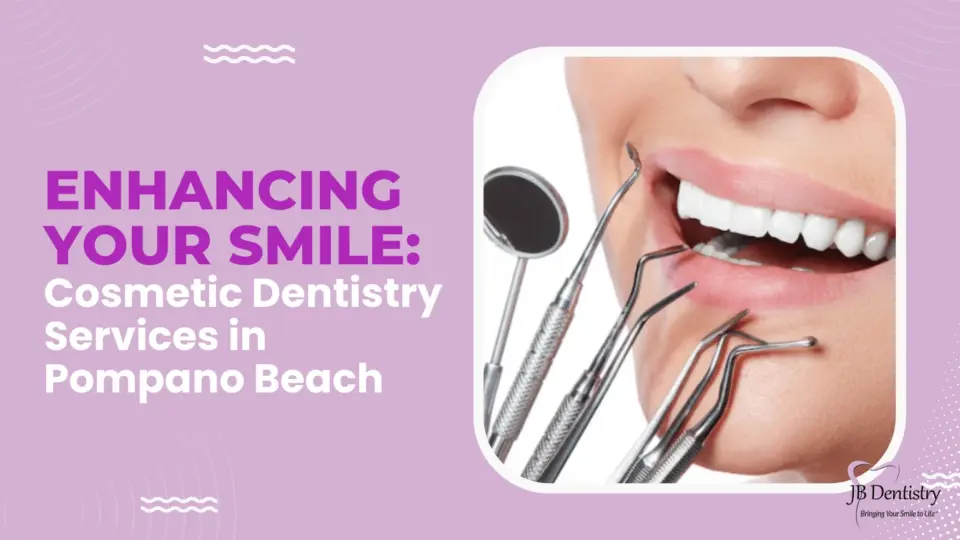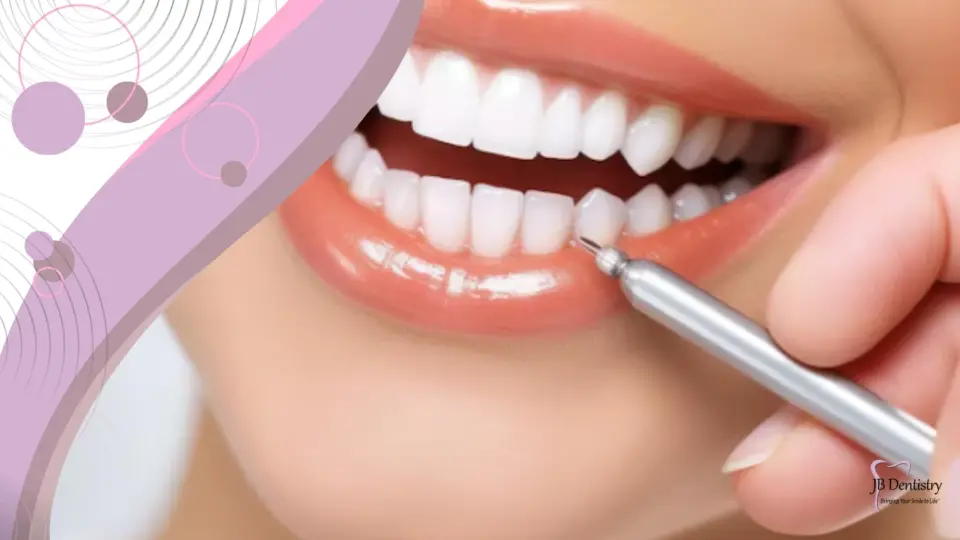Getting a tooth pulled isn’t something most people look forward to, but it’s a lot more common than we realize. Today, modern extractions aren’t just about pulling teeth—they’re about understanding the emotional side of saying goodbye to something that’s been with you for years.
The idea of losing a tooth, especially as an adult, can trigger a variety of emotions—fear, anxiety, even sadness. While we may think of extractions as routine, the psychological impact is real. For some, it’s the loss of a part of their identity, while others fear the unknown of the procedure.
So, what’s going on behind the scenes when you sit in that chair? What makes tooth extractions so emotionally charged, and why are they so hard to brush off (pun intended)? The science of modern extractions goes beyond the physical. It’s about understanding how these experiences affect us mentally—and how to make the process easier on both the mind and body.
How Do Tooth Extractions Affect Emotional Well-Being?
Losing a tooth isn’t just about a gap in your smile. It can have ripple effects on your emotions and overall well-being that are often underestimated.
The Immediate Emotional Impact
- Shock and surprise: Even when planned, the moment of tooth removal can trigger feelings of vulnerability.
- Anxiety and fear: Concerns about pain, appearance, and the healing process weigh heavily.
- Relief mixed with sadness: Relief from chronic pain or infection may be accompanied by sadness over loss.
Longer-Term Emotional Effects
- Self-consciousness: A missing tooth can alter your smile, making you hesitant to laugh, speak, or engage socially.
- Reduced self-esteem: Changes in appearance can affect how you view yourself.
- Social withdrawal: Fear of judgment may lead to avoiding social situations.
- Eating and speaking challenges: These functional impacts can cause frustration or embarrassment.
The Mind-Body Connection
- Physical pain and discomfort during recovery can intensify feelings of irritability or low mood.
- The disruption of routine and bodily integrity reminds people of their mortality or fragility, triggering existential reflections.
Individual Differences
- Not everyone reacts the same way. Emotional responses depend on personality, age, previous dental experiences, and social support.
Understanding that tooth extraction affects emotional well-being is the first step to addressing it fully.
What Psychological Responses are Linked To Losing a Tooth?
Psychology offers insight into why tooth loss can feel so emotionally charged. Teeth aren’t just tools for chewing — they carry symbolic and social weight.
Identity and Body Image
- Teeth contribute significantly to how we see ourselves.
- Losing one or more teeth can feel like a loss of wholeness or youth.
- The face is central to identity; altering it impacts self-perception.
Grief and Loss
- Psychological studies show that tooth loss can evoke grief similar to other forms of bodily loss.
- The five stages of grief—denial, anger, bargaining, depression, acceptance—can apply.
- Denial: “It’s just a tooth; I’ll be fine.”
- Anger: “Why did this happen to me?”
- Bargaining: “If only I had taken better care…”
- Depression: Sadness over changes.
- Acceptance: Making peace and adapting.
Anxiety and Dental Phobia
- For some, extraction triggers or exacerbates dental anxiety.
- Fear of future dental visits or procedures may develop.
- Past traumatic experiences can resurface emotionally.
Social Anxiety
- Concerns about appearance and speech may increase self-consciousness.
- Worry about negative judgment or stigma.
- Reluctance to smile or engage socially.
Coping Mechanisms
- Humor or denial may be used to cope.
- Seeking support from family, friends, or professionals.
- Proactive steps to replace missing teeth can aid emotional recovery.
Why Do Some People Feel Grief After Dental Extractions?
Grief isn’t just for losing loved ones — it applies to any meaningful loss, including that of a tooth.
The Tooth as a Symbol
- Teeth symbolize youth, beauty, health, and social status.
- Losing a tooth can feel like losing a piece of oneself or one’s vitality.
- Cultural stories and fears about tooth loss add layers of meaning.
Unexpected Loss and Lack of Control
- Sudden extractions (due to trauma or emergency) leave little time for mental preparation.
- Feeling out of control during the experience heightens emotional distress.
Impact on Daily Life
- Functional changes affect eating, speaking, and comfort.
- Changes in appearance may alter personal relationships or self-confidence.
- These disruptions can feel like a loss of normalcy.
Personal Significance
- For people who value aesthetics highly, a missing tooth hits harder emotionally.
- Age, gender, and social context influence the degree of grief.
The Healing Process Includes Emotional Recovery
- Just as the mouth heals physically, emotional healing is necessary.
- Grief can surface unexpectedly and should be acknowledged and addressed.
How Does Modern Dentistry Address The Emotional Side of Extractions?
Recognizing the emotional impact of extractions, modern dentistry has evolved to treat patients as whole people — body and mind.
Patient Education and Preparation
- Dentists now emphasize clear communication about what to expect.
- Discussing emotional aspects openly normalizes feelings.
- Providing detailed pre- and post-extraction care plans reduces uncertainty.
Pain and Anxiety Management
- Modern anesthesia techniques minimize pain.
- Sedation dentistry options (nitrous oxide, oral sedation, IV sedation) help ease anxiety.
- Relaxation techniques and a calm environment improve patient comfort.
Cosmetic and Functional Solutions
- Immediate options like temporary crowns or bridges preserve appearance.
- Implant dentistry allows for natural-feeling, long-term tooth replacement.
- Customized treatment plans focus on restoring both function and aesthetics quickly.
Emotional Support
- Some dental practices include counseling referrals or work closely with mental health professionals.
- Encouraging patients to express concerns builds trust and reduces fear.
- Supportive staff trained in empathy make a difference.
Follow-Up Care and Reassurance
- Regular check-ins post-extraction help monitor healing and emotional well-being.
- Encouraging patients to ask questions and share experiences fosters connection.
Holistic Approach
- Dentistry today often embraces a holistic view, linking oral health with overall health and emotional wellness.
- Education on nutrition, oral hygiene, and lifestyle supports complete recovery.
Saying Goodbye to Teeth, Saying Hello to Healing
Tooth extractions are more than a clinical procedure—they are a life moment intertwined with emotions, identity, and social confidence. Understanding the emotional science behind extractions helps patients and dentists work together toward healing that honors both physical health and emotional well-being.
If you or a loved one faces tooth extraction, remember it’s okay to feel more than just physical discomfort. Your feelings are valid, and modern dentistry offers not only advanced techniques to care for your mouth but also compassionate support for your heart and mind.
When teeth say goodbye, it’s not the end of your smile’s story. With the right care, empathy, and follow-up, you can embrace healing and look forward to new beginnings—brighter, stronger, and emotionally whole.
Compassionate Care When It’s Time to Say Goodbye — We’re Here for Your Smile and Your Heart
At Jaline Bocuzzi, DMD, PA // JBDentistry, we understand that tooth extractions can feel like more than just a procedure — they can touch deep emotions and impact your confidence. That’s why our team is dedicated to providing not only expert dental care but also compassionate support every step of the way.
If you’re facing an extraction or healing from one, know that you’re not alone. We’ll guide you with gentle techniques, clear communication, and personalized options to restore your smile and your peace of mind. Your emotional well-being matters just as much as your oral health.
Schedule a consultation with us today, and let’s create a care plan that honors both your dental needs and your feelings.


